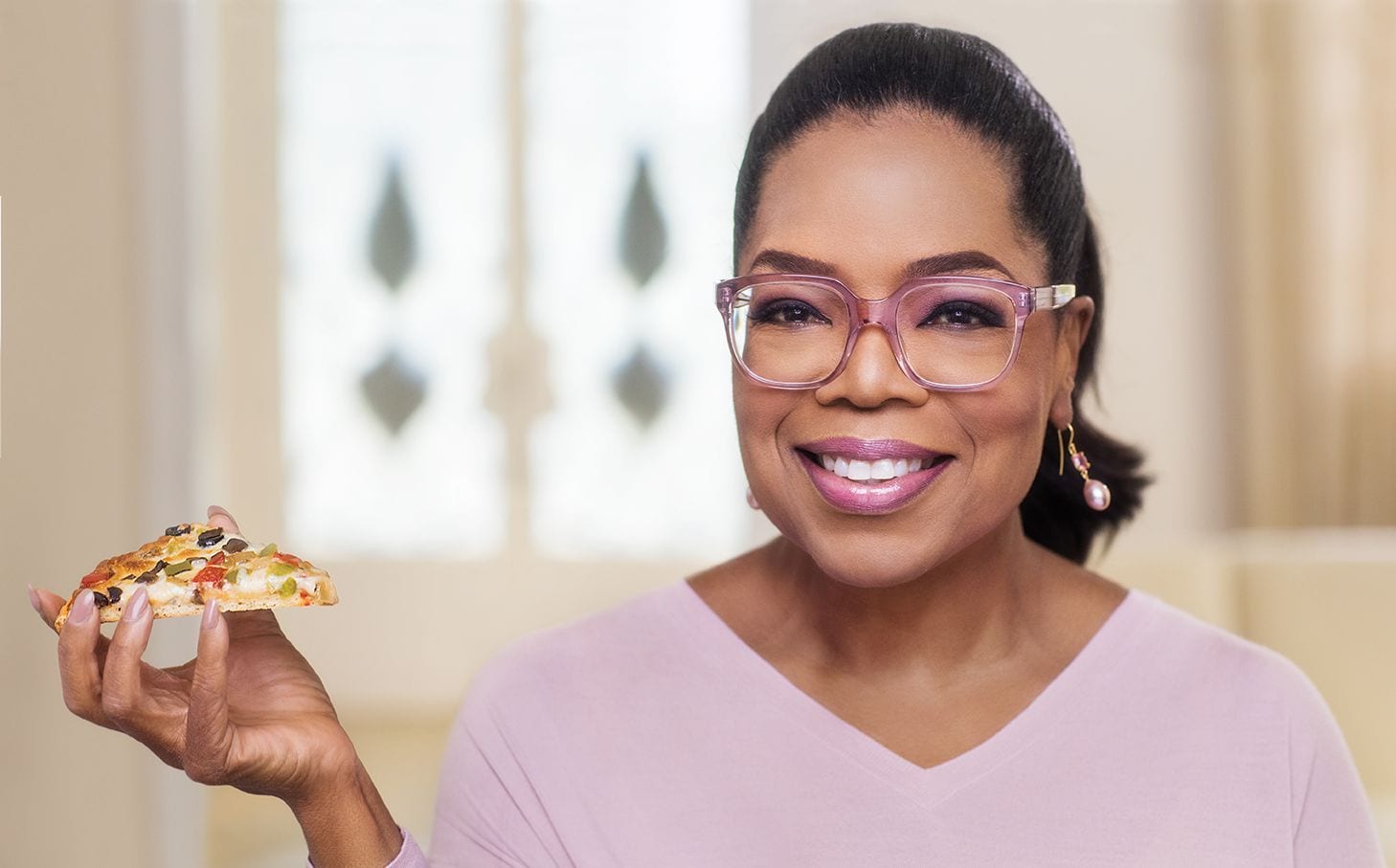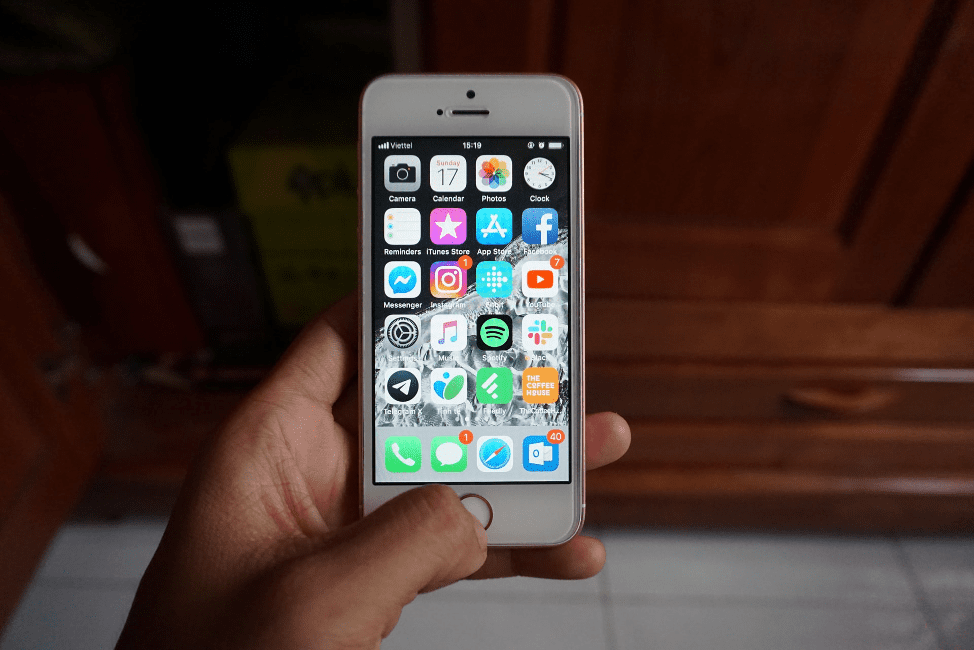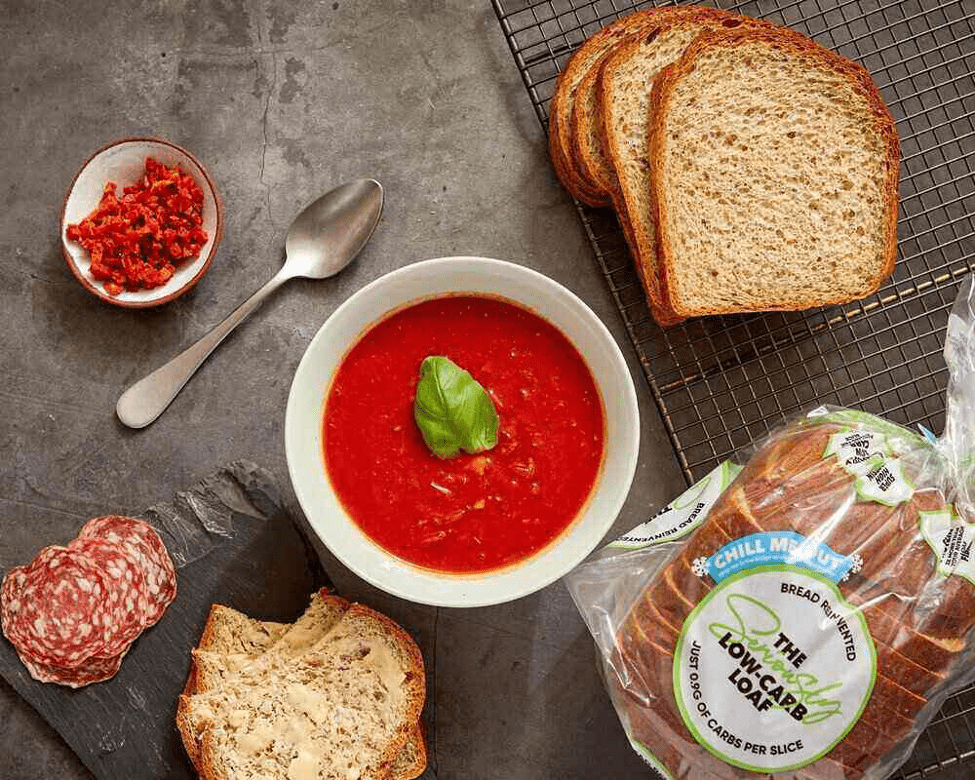You scroll, you click, and there they are. Toned, glowing, speaking with calm authority about gut health, hormones, detoxes, and how doctors “don’t want you to know” the truth. Wellness influencers sound confident. They look healthy. They talk like a friend who has been through it and came out better. But behind that smoothie bowl or supplement code might be bad science, or worse, dangerous advice.
They have cracked the code to earning your trust. Relatable, likable, and just outside the walls of the medical world, wellness influencers have become the go-to health guides for millions. But they are often not qualified to give medical advice. And some are more interested in your clicks than your health.
How They Win You Over
They make it feel personal. Unlike a rushed 15-minute doctor visit, these influencers are always “on.” They talk to the camera like they are talking to you, directly. Their homes look cozy. Their stories feel honest. They speak in plain language, not medical jargon.
Suddenly, it doesn’t feel like you are being lectured. It feels like a friend sharing a secret.
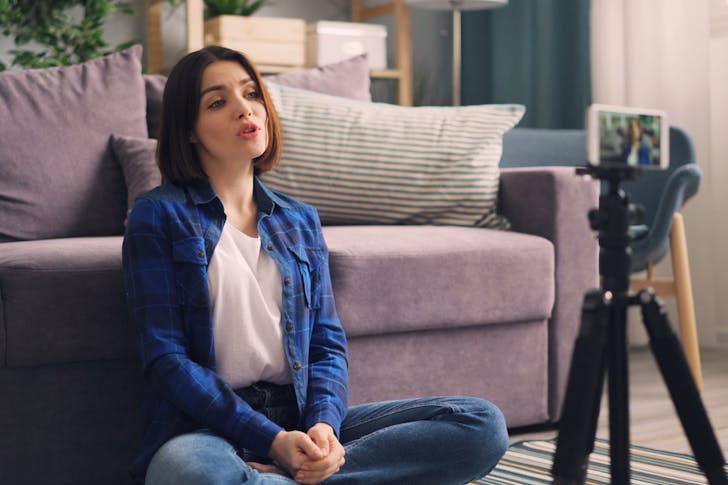
Silver / Pexels / The healthcare system feels cold, frustrating, and hard to access. Over 100 million Americans struggle to find a primary care doctor.
The wait times are long. The bills are high. Wellness influencers swoop in with quick answers and soothing promises: "balance your hormones," "heal your gut," "reset your life." It is tempting and feels empowering. But it is often a shortcut to nowhere.
The “Three A’s” Wellness Influencers Live By!
Authenticity, accessibility, and autonomy - that is the recipe. These influencers seem real. They talk openly about their struggles, their bad days, their healing “journeys.” They are available 24/7 on your phone, answering questions, posting tips, and giving guidance. And they make you feel in control.
This kind of connection builds a parasocial bond. You watch their stories, laugh at their jokes, and cry at their setbacks. You feel like you know them, even though they don’t know you at all. And when they recommend a supplement or a lifestyle switch, it feels like advice from someone who gets it. Not from a stranger in a white coat.
The Trust Comes With a Cost to Pay
The trust you have given them is not always backed by science. Many influencers have no medical training. Some are straight-up wrong. Others cherry-pick studies or promote fringe ideas that sound smart but don’t hold up. Health misinformation has real consequences. Some people have died after following influencer-promoted cures instead of proven treatments.
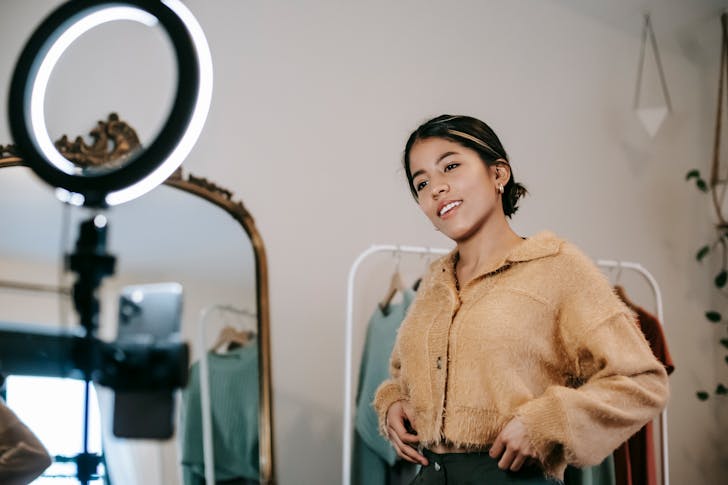
Liza / Pexels / Influencers cash in through sponsored posts, affiliate codes, and product lines. They might push a supplement not because it works, but because they get a cut of every sale.
And sure, they add “#ad” to stay legal, but does that make it honest? Not always. One study found that over half of the health claims on Instagram had no scientific proof.
They also know how to work on your doubts. Don’t trust the system? They get it. Don’t like Big Pharma? Neither do they. They tap into real frustration, then twist it to sell their message. If you question them, you might be called a “shill” or a brainwashed drone. They build a “them vs us” story, where only they have the truth.
How to Protect Yourself
To begin with, check their credentials. “Certified wellness coach” sounds nice, but it is not the same as an MD or Registered Dietitian. Some influencers get their titles from shady online courses. Don’t be fooled by professional-looking graphics or confident delivery. Look for real, verifiable training.
Also, ask where the information comes from. Are they quoting real studies? Do they link to reputable sources, such as the CDC or WHO? Or is it just stories from their own lives? Personal experience can be meaningful. But it is not the same as medical evidence. Be wary of one-size-fits-all solutions.

